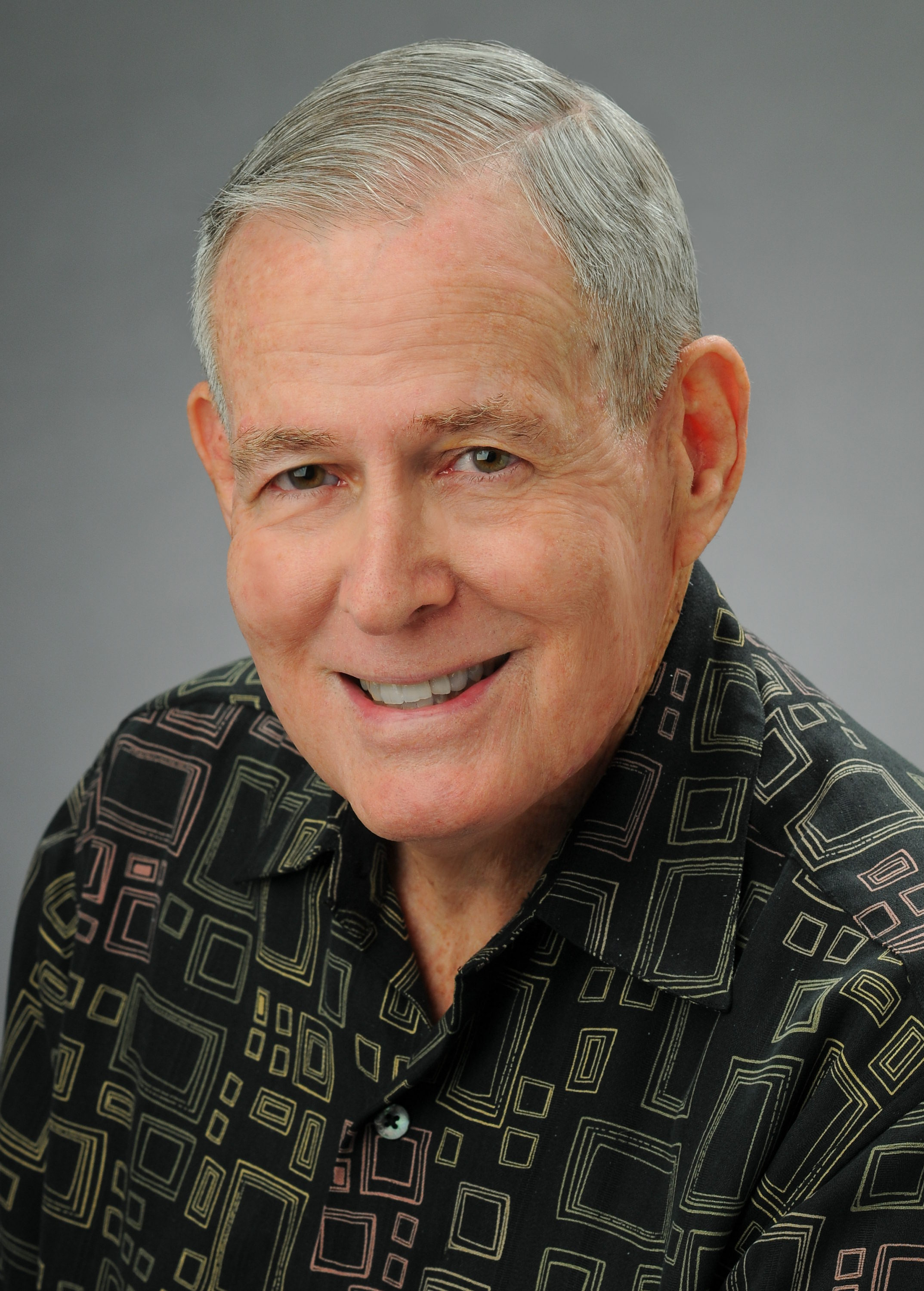AARP Hearing Center
The following opinion column appeared in the Honolulu Star-Advertiser Insight section on May 24, 2015
By Gerry Silva, State President AARP Hawaii 
The elderly did not do well in the 2015 Legislature. Expect more challenges next year if you want information and services to help mom and dad age in their homes. Legislative roadblocks of kupuna-friendly legislation, as well as deep cuts, and un-funding of key programs that support elderly needs will have long-term adverse impacts for Hawaii’s aging population. Advocates believed that the Legislature was more committed to helping families care for elderly loved ones. That was not always the case.
There were legislators, including Senator Suzanne Chun Oakland and Representative Gregg Takayama, who emerged as champions of the elderly during this session. However, 2015 will be remembered by seniors for the failure of key legislators to allow public discussion of a bill to support Hawaii’s 247,000 unpaid family caregivers. Senate Bill 296 – known as the CARE Act – sought to require hospitals to instruct family caregivers in care they provide at home when loved ones are discharged. The bill may have also helped lower preventable hospital readmissions, which a Hawaii Health Information Corporation study says cost nearly $239 million in 2013.
Unfortunately, in response to this common sense approach to helping caregivers, and in the face of overwhelming public testimony in support, Senate Health Chair Josh Green deferred the bill and stopped dialog for this year. House Health Chair Della Belatti made sweeping eleventh-hour changes to the composition of a working group charged with considering the CARE Act proposal. Although they are concerned by the changes, the statewide coalition of groups that support the measure intend to work with Representative Belatti, the new Senate Health Chair, and other legislators to provide the relief that caregivers deserve.
Gov. David Ige has been silent on helping Hawaii’s caregivers although he supported the proposal during his campaign for governor. Additionally, his Administration’s Action Plan for seniors (posted on the Governor’s website) assures that he will “actively lobby for legislation to provide caregivers with needed training to care for their loved ones when they are discharged from hospitals.” We look forward to working with him on this issue.
Financially, the evisceration of Senate Bill 964 tells the story. Kupuna Care, the safety net program that provides home-care services to the elderly, received $1.3 million less than was requested for the next fiscal year (a 29 percent cut). Other programs in the aging omnibus bill fared much worse in conference committee:
- Aging and Disability Resource Centers (ADRC) received no funding. Launched 10 years ago, they’ve been a modest success in helping residents navigate Hawaii’s complex elder care system, especially on the neighbor islands. As families struggle to understand what long-term support options are available to them, the build out on Oahu is critical.
- Elderly falls prevention services received no funding, despite the urgent need to address one of the common causes of senior injury. Department of Health statistics indicate that falls in Hawaii result in an average of 85 senior deaths, 1,960 hospitalizations, and 8,700 emergency room visits – with nearly $120 million in annual charges.
- A proposal to create an Alzheimer’s disease services coordinator received no funding. This despite the Executive Office on Aging’s stated goal to expand supports for people with Alzheimer’s disease and their families, and to address the needs of a projected 10 percent of Hawaii residents age 65-plus who will be diagnosed with the disease by 2025.
Clearly, the Legislature wasn’t listening this session to residents struggling to meet the needs of elderly who need home care and other services. Hawaii needs clarity, continuity, and commitment in its aging programs. That wasn’t evident this session.































































